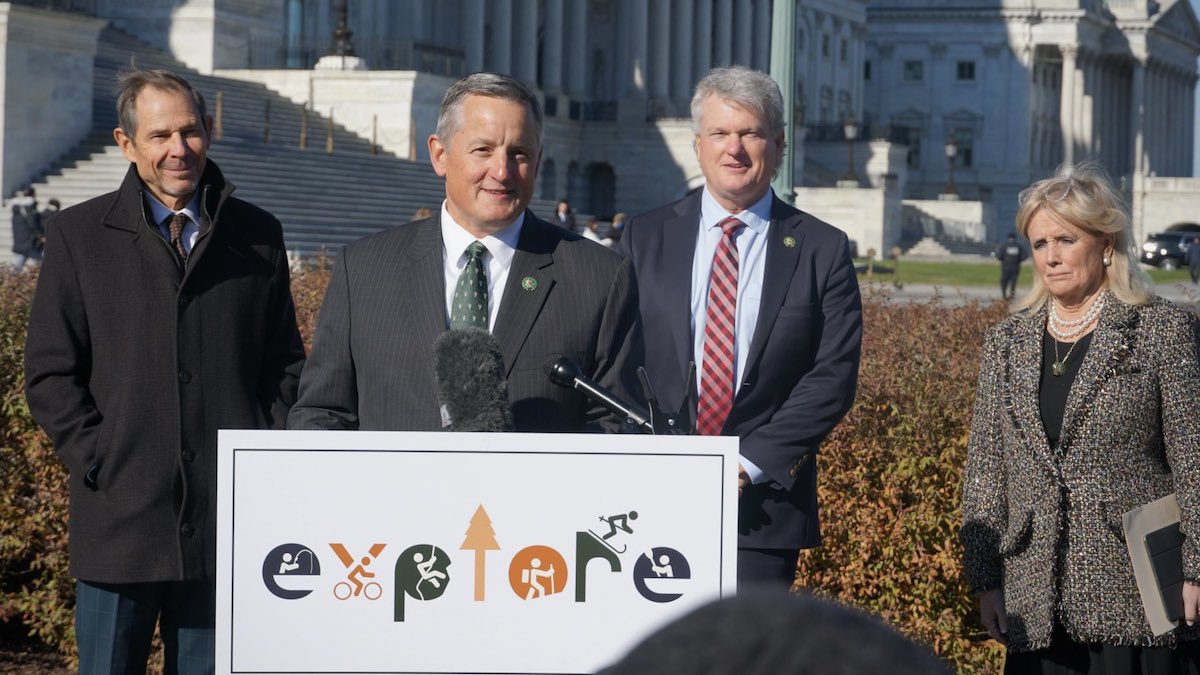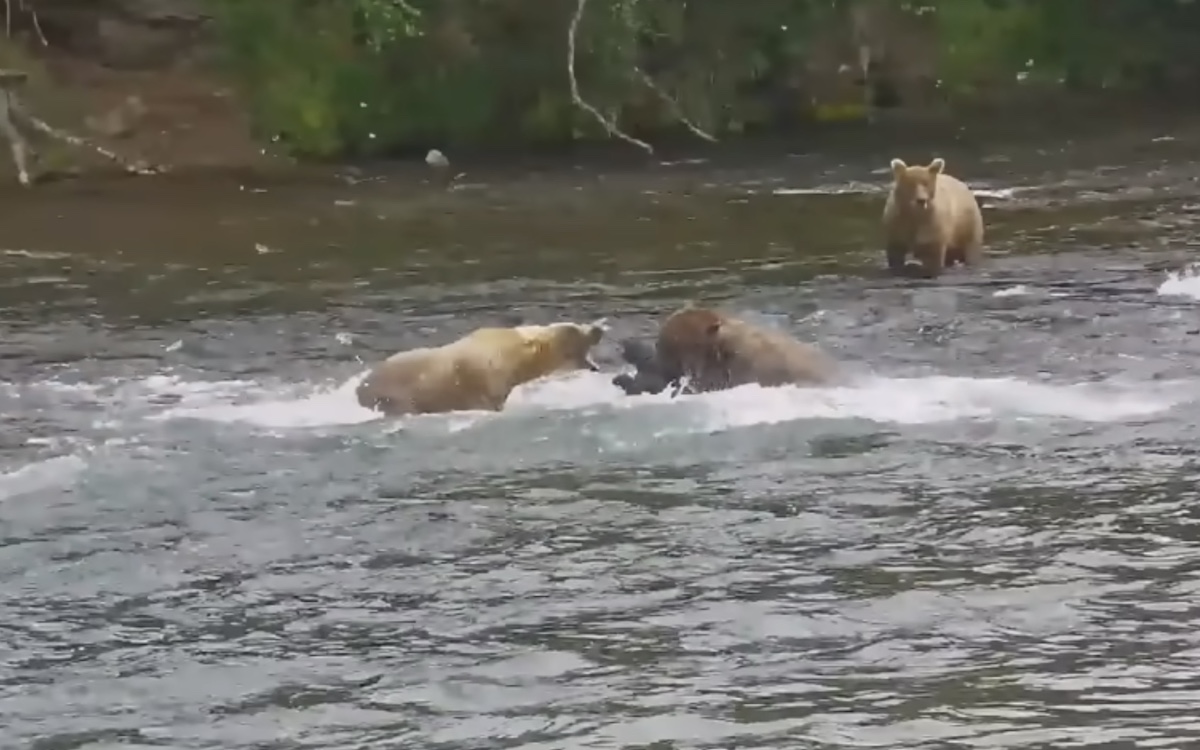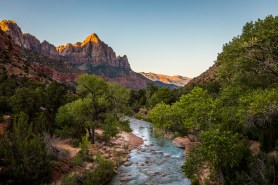

Last week, Congressional lawmakers introduced the Expanding Public Lands Outdoor Recreation Experiences (EXPLORE) Act, a 221-page bill that aims to increase public access to federal lands by modernizing rules and systems used by the agencies that manage them.
Videos by Outdoors with Bear Grylls
Rep. Tom Tiffany, a Republican from Wisconsin, chaired the Natural Resources subcommittee that heard the measure following its introduction on Nov. 30. He called the EXPLORE Act the “culmination” of “numerous pieces of bipartisan legislation that would help bolster the $1.1 trillion recreation economy.”
In his opening statements, Tiffany explained that “the central theme of the EXPLORE Act is improving access” by both protecting recreational activities and making it less cumbersome for service providers like guides and outfitters to obtain permits to operate on federal lands.
“The EXPLORE Act expands access not by spending millions of dollars or creating complex new programs but by reducing red tape and cutting bureaucracy,” Tiffany said.
Tiffany added that the bill would also remove barriers so servicemen, veterans, people with disabilities, and young people have greater access to public lands by building accessible trails and reauthorizing the Every Kid Outdoors program, which helps fourth graders plan outdoor adventures.
During the hearing, the EXPLORE Act received broad bipartisan support from lawmakers as well as praise from outdoor industry groups. They also justified the need for the legislation by citing the growing number of visitors to national parks and forests in the past years, as well as economic growth.
According to a report by the Bureau of Economic Analysis, the outdoor economy grew by $238 billion in the past year and accounted for nearly 5 million jobs across the country.
Louis Benitez, chief impact officer at the Trust for Public Land, an organization that advocates for parks and green space in urban environments, appeared as a witness during the hearing and called the bill a “vital importance” for the outdoor recreation economy.
“Without the kind of comprehensive attention to outdoor recreation that this bill represents, I fear the momentum of this trillion-dollar economy will begin to falter,” he said. “And our outdoor recreation obligations to all Americans will fall woefully short.”
Although the EXPLORE Act is still in its early stages, Rep. Joe Neguse, a Democrat from Colorado, said because the bill has bipartisan support in both chambers of Congress that he thinks it could pass as early as January. However, Neguse also argued that the measure would only work if the federal agencies tasked with managing lands are adequately funded.
Neguse explained that by the time the bill will be ready for a final vote — in mid-January or mid-February — Congressional Republicans may threaten yet again to shut down the government if spending cuts aren’t made to the federal budget.
“I just offer as an observation that I hope that my colleagues will work with us on this side of the aisle to ensure that the Forest Service, the [Bureau of Land Management], the Department of Interior, and the Department of Agriculture are adequately funded so they can do the important work that I believe we all agree they must be engaged in,” Neguse said.









